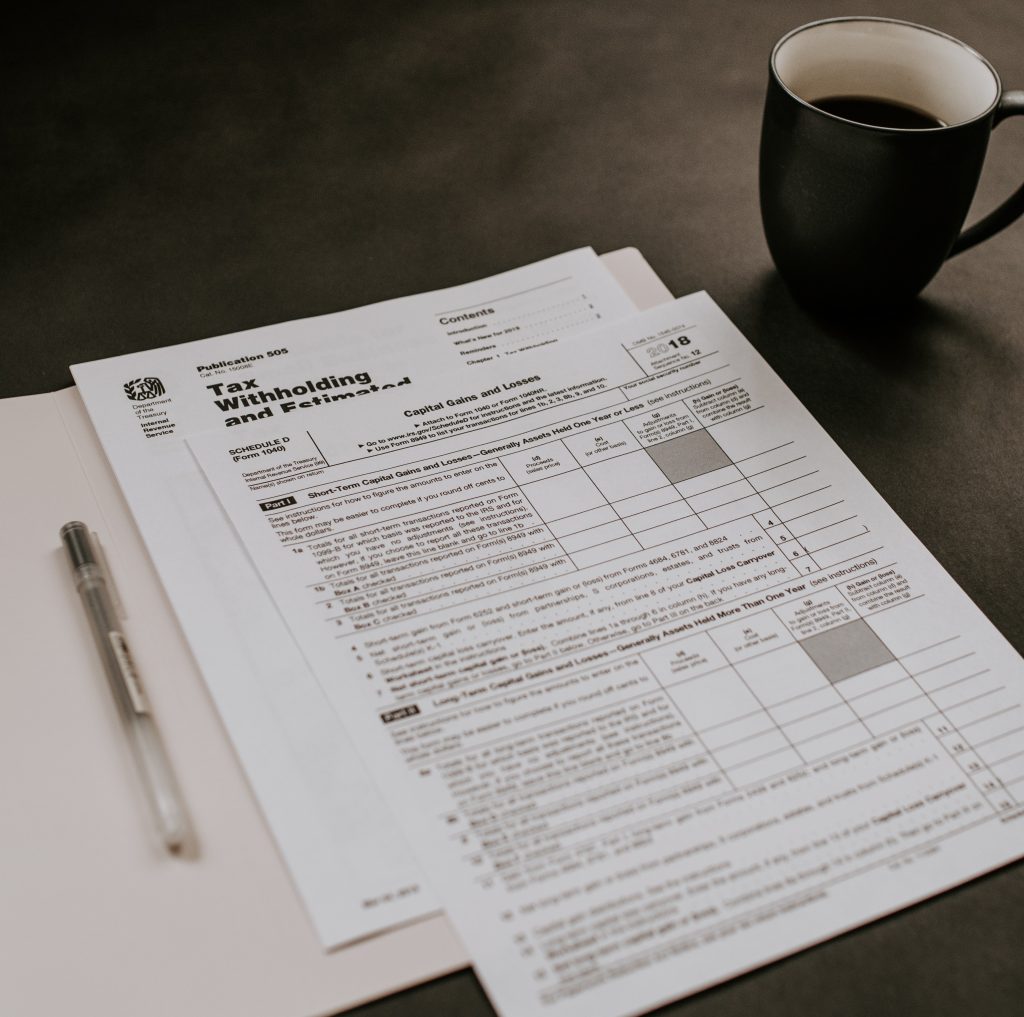Save Or Shred?: Tips For Holding On To Important Documents
Managing important documents is an essential aspect of personal and professional life. However, holding onto every document indefinitely can lead to clutter and privacy concerns. Determining how long to retain crucial paperwork before shredding it requires careful consideration. Read on for some suggestions to help you make informed decisions about document retention.
1. Tax Returns and Supporting Documents:
The general recommendation is to keep tax returns and related documents for around seven years. This timeframe allows for sufficient record-keeping to address any potential audits or inquiries from tax authorities.

2. Financial Statements and Bank Records:
Monthly bank statements, credit card statements, and investment account statements can typically be discarded after one year, unless needed for tax purposes or warranty claims. However, it is advisable to retain copies of annual statements, investment purchase confirmations, and records of paid-off loans for a more extended period, such as seven years.
3. Insurance Policies:
Hold onto insurance policies and related documents for as long as the policy remains active and keep records of paid premiums. Once a policy is canceled or expired, retain the documents for a few years in case of any claims or disputes.
4. Medical Records and Receipts:
Keep medical records and receipts for at least one year, particularly if they pertain to insurance claims, reimbursements, or tax deductions. However, it’s wise to retain records of significant medical procedures, surgeries, or diagnoses indefinitely for reference purposes.

Conclusion:
While the suggested timelines provided in this article are generally accepted, it is crucial to consider your specific circumstances and consult relevant professionals when in doubt. Remember, document retention is a balance between safeguarding your privacy and ensuring you have access to vital information when needed.
